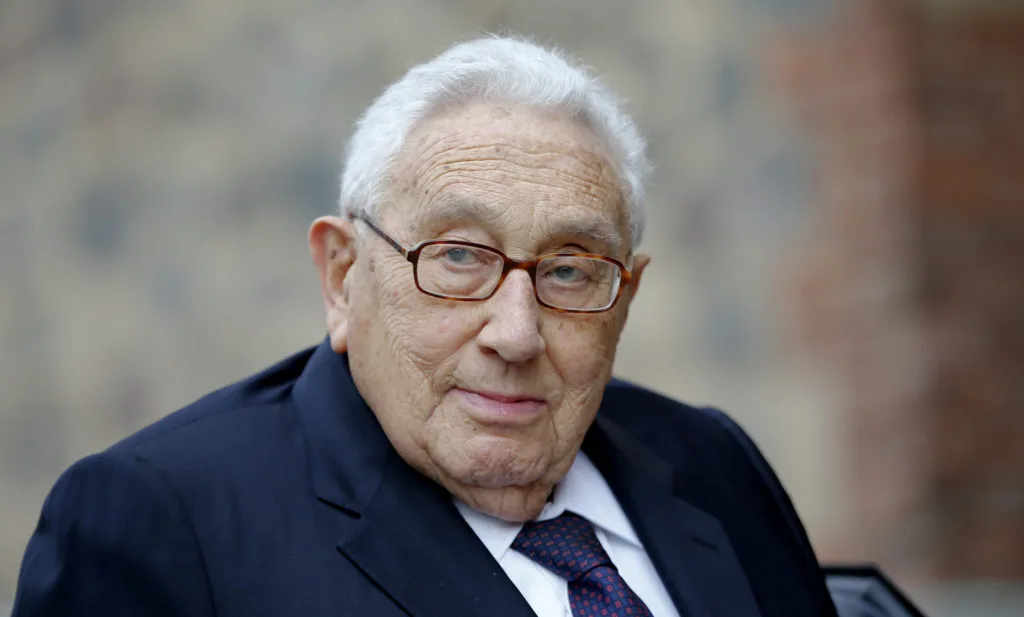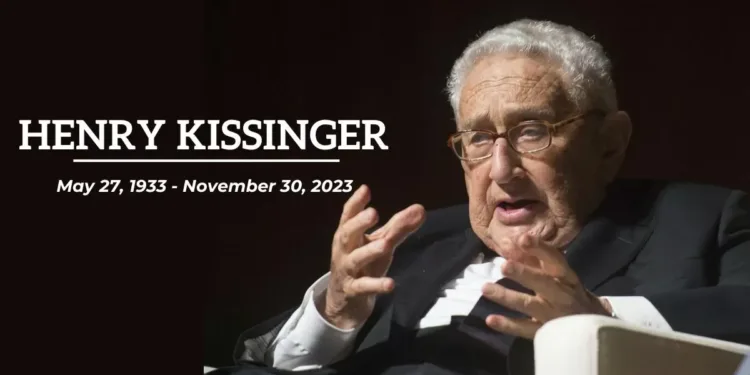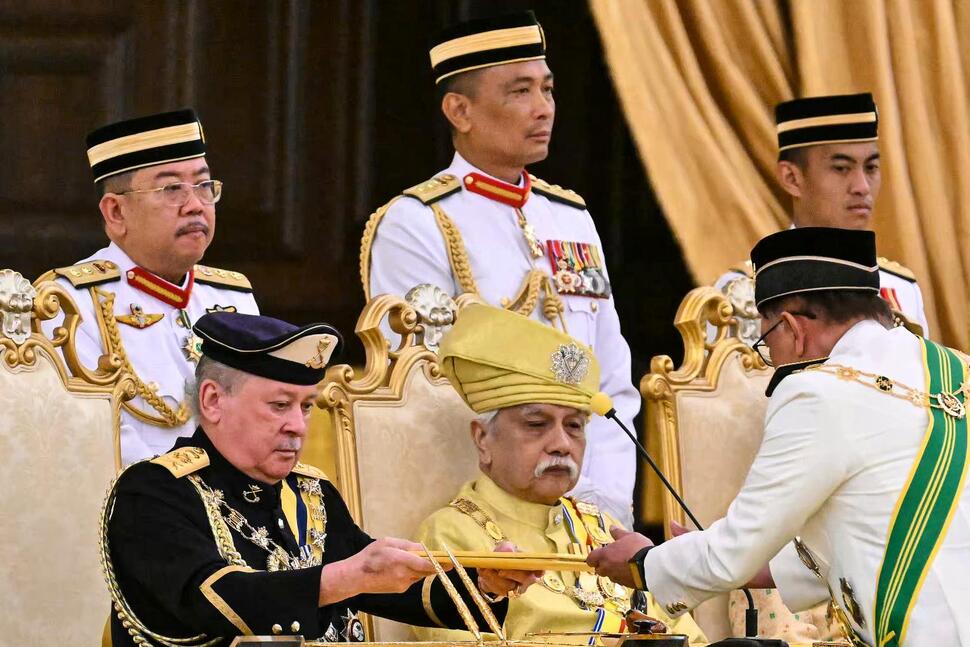Henry Kissinger passed away at age 100.
Henry Kissinger, a diplomatic heavyweight who won the contentious Nobel Peace Prize and irreversibly altered U.S. foreign policy.
during his tenure as secretary of state and national security advisor to two presidents, passed away on Wednesday at the age of 100.
According to a statement from Kissinger Associates Inc., his geopolitical consulting business, the former president passed away at home in Connecticut.
It stated that he will be laid to rest in a secret family funeral .
and that a public memorial ceremony in New York City would take place thereafter.
at his latter years, Kissinger remained busy, giving testimony to a Senate committee regarding North Korea’s nuclear danger.
attending meetings at the White House, and writing a book on leadership styles.
He surprised everyone by traveling to Beijing in July 2023 to meet with Chinese President Xi Jinping.

Key Contributions of Henry Kissinger: Shaping US Foreign Policy Amidst Cold War Challenges
Serving as Republican President Richard Nixon’s secretary of state and national security adviser during the 1970s Cold War.
he was involved in many of the decade’s historic international events.
Thanks to the efforts of this Jewish immigrant who was born in Germany, the United States and China opened diplomatic relations.
historic weapons control negotiations took place between the two countries.
Israel’s relations with its Arab neighbors were strengthened, and the Paris Peace Accords with North Vietnam were signed.
After Nixon resigned in 1974 during the Watergate affair.
Kissinger’s influence as the principal creator of American foreign policy began to decline.
But for the remainder of his life, he maintained his strong convictions.
and remained a diplomatic force as Secretary of State under President Gerald Ford, Nixon’s successor.
While many praised Kissinger for his wisdom and depth of knowledge.
others labeled him a war criminal due to his backing of anti-communist dictatorships, particularly in Latin America.
Attempts by other powers to detain or interrogate him over previous U.S. foreign policy limited his movements in his later years.
Henry Kissinger
His 1973 Peace Prize was one of the most contentious ever given, yet it was given for ending US involvement in the Vietnam War.
Concerns over the covert American bombing of Cambodia led to the resignation of two Nobel committee members.
Le Duc Tho, a diplomat from North Vietnam, was chosen to share the honor with someone else but turned it down.
Critics were more prone to label Kissinger’s prickliness and self-assurance as paranoia and egotism.
Ford, however, termed him a “super secretary of state” and mentioned both. Ford also said that “Henry in his mind never made a mistake.”
“He had the thinnest skin of any public figure I ever knew,” Ford said in a 2006 interview, just before he passed away.











